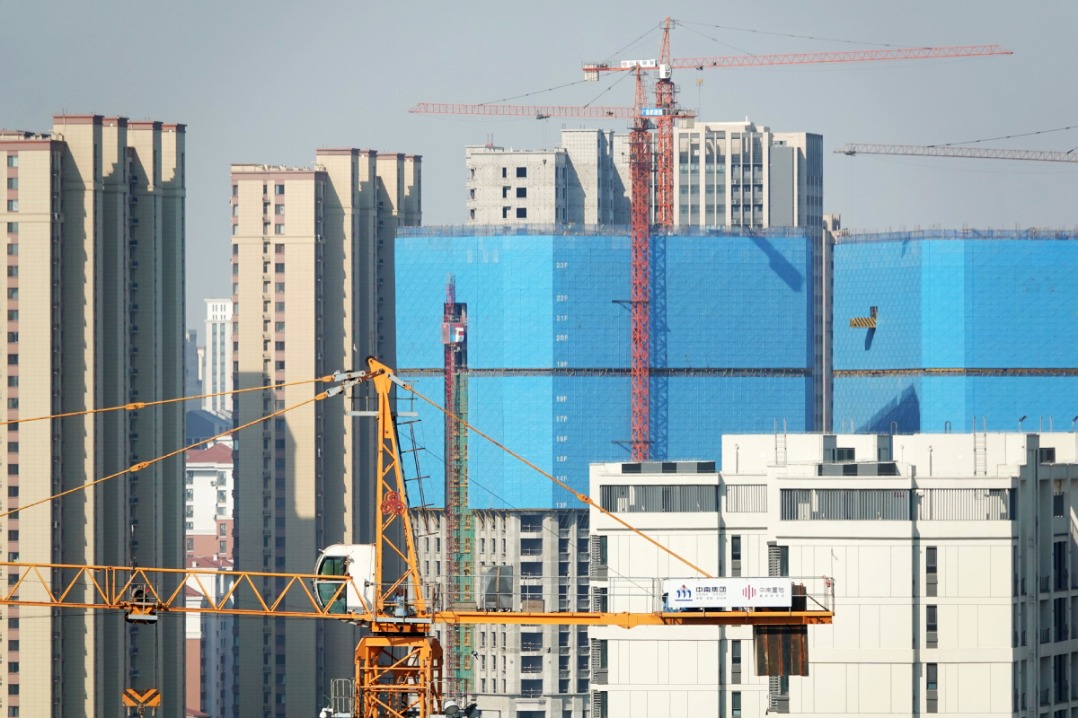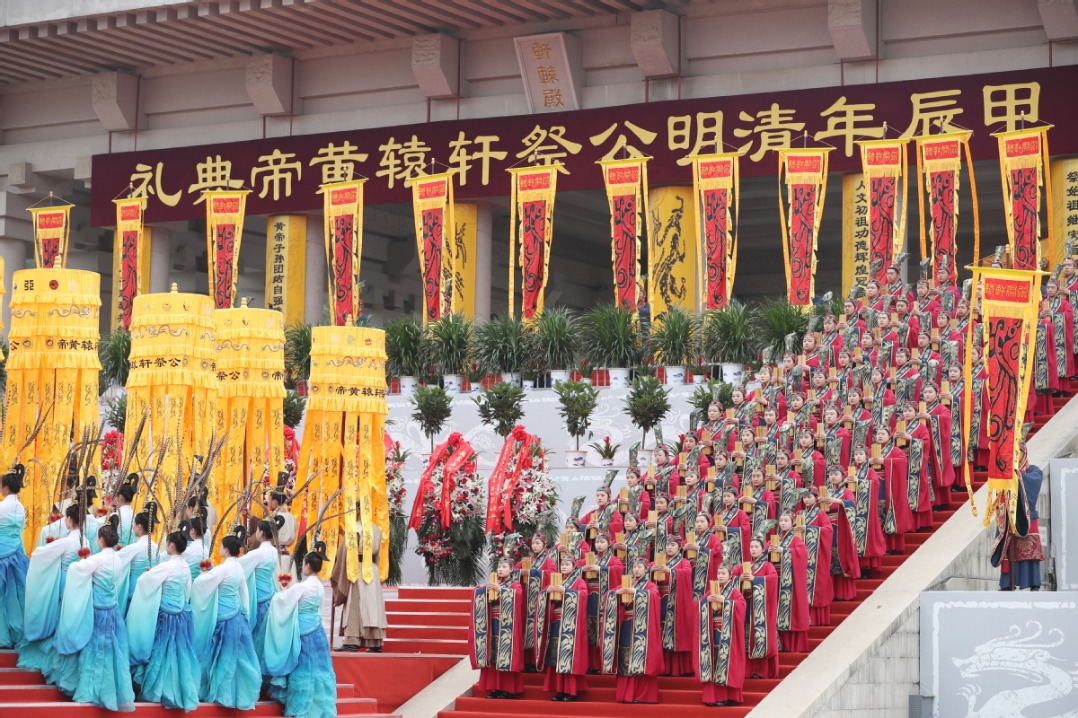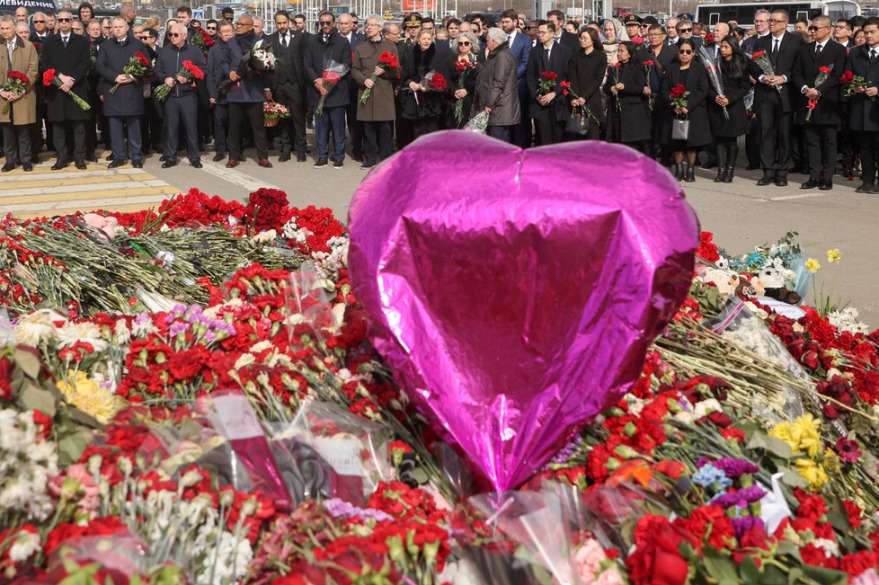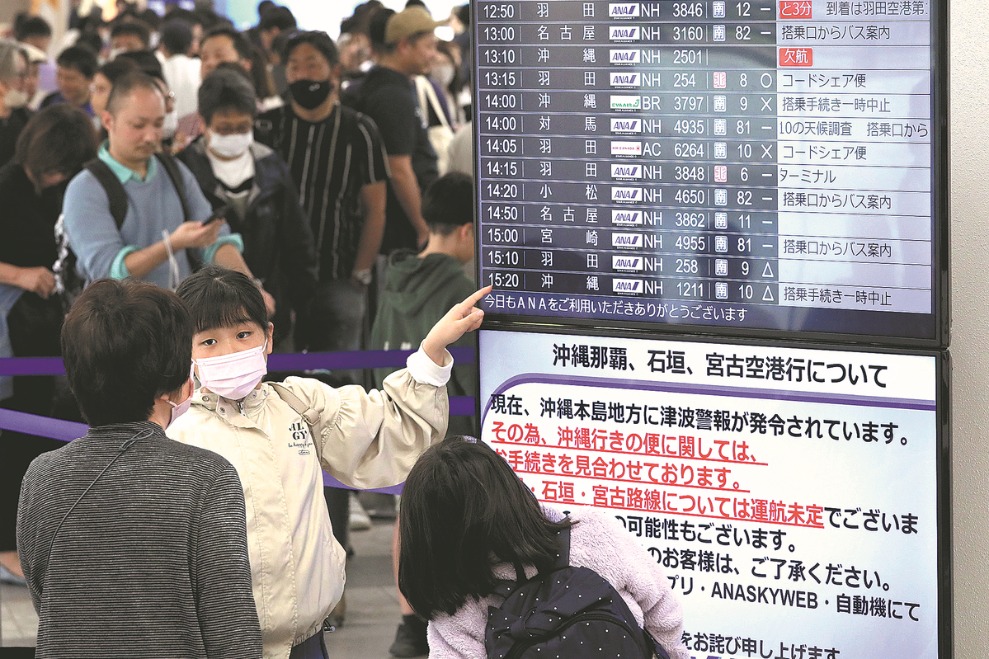Strength and ingenuity on display in single-industry towns
By Conrad Anthony | China Daily | Updated: 2022-10-11 08:11
I was struck by two stories run in our business section recently on small-town industry in Lu'an, Anhui province, and Caoxian, Shandong province. Both are excellent examples of the concentration of rural enterprise in "industrial clusters". Lu'an has thousands of enterprises devoted to making wedding dresses. Around half the town's population of 54,000 is involved, and yearly output is over 3 billion yuan ($422 million). Caoxian makes 60-70 percent of all coffins used in funerals in Japan. The industry employs a quarter of the region's population of 1.3 million.
These towns are far from unusual. About 60 percent of all baijiu — China's signature liquor and the fuel of many late-night business meetings — is produced in Moutai town, Guizhou province. Huangqiao, Jiangsu province, produces 70 percent of China's violins and a jaw-dropping 50 percent of all violins sold globally. Hangji, also in Jiangsu, produces 30 percent of the world's toothbrushes. Yiwu in Zhejiang province produces 80 percent of the world's Christmas decorations.
Why has China's industrialization followed this pattern? According to social scientists, it is due to a combination of cultural heritage and circumstance.
Fei Xiaotong, one of the founding figures of Chinese sociology, saw the tightly knit village community as the fundamental building block of Chinese economic life. He visited Kaixiangong village in Jiangsu dozens of times throughout his career, producing detailed studies of its transformation. His research covered the full scope of modern Chinese history, beginning in the Republican period, moving through collectivization and State-driven industrialization and ending with economic liberalization following Deng Xiaoping's accession to power.
He chronicled the struggles of the village's inhabitants, who in the 1930s suffered under absentee landlords and a downturn in silk production caused by the destructive effects of imports from industrialized countries. He urged the protection and development of light industry in such rural areas as the best way to improve the living standards of the population, and after a brief period of ignominy during the political atmosphere of the 60s and 70s, emerged as a leading public intellectual and government official advocating the relaxation of market controls in the countryside.
























